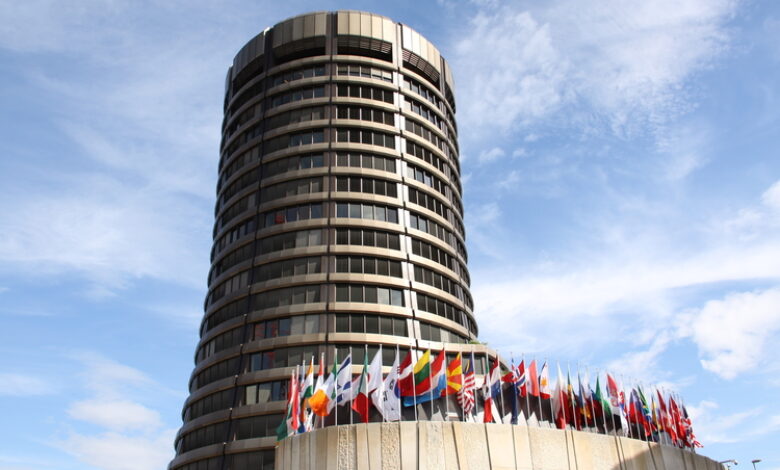Basel Committee Considers Crypto Asset Disclosure Following Banking Crisis

The aftermath of this year’s banking crisis continues as the Basel Committee on Banking Supervision explores the possibility of banks disclosing their crypto asset holdings. Operating under the Bank for International Settlements, this committee pinpointed crypto asset holdings as a contributing factor to the downfall of several banks earlier this year.
During its October 4–5 meeting, the committee delved into the reasons behind the failures of banks like Silicon Valley Bank, Signature Bank of New York, and First Republic Bank, along with the near-collapse of Credit Suisse, which was subsequently acquired by UBS. The committee’s report identifies three structural trends that may have indirectly played a role in these failures: the increasing prominence of nonbank intermediaries, the concentration of crypto assets in a few banks, and the accelerated movement of customer funds due to growing digitalization.
The report specifically underscores the impact of crypto on Signature Bank’s demise, noting that the bank’s significant concentration of digital asset clients left it vulnerable when the “crypto winter” hit in 2022. Poor governance and inadequate risk management practices hindered the bank’s ability to manage liquidity during times of stress. Signature Bank was subsequently closed by the New York State Department of Financial Services on March 12, although regulators stated that crypto was not the primary reason for their decision.
It’s important to note that this discussion does not necessarily imply planned revisions to the Basel Framework. In January, the committee had already amended its framework to limit the inclusion of crypto assets in bank reserves to 2%. The report indicates that a consultation paper on disclosing crypto asset exposure will be published soon.
This discussion serves as the latest review of the challenges banks faced in March. In April, the United States Federal Reserve Bank and the Federal Deposit Insurance Corporation (FDIC) released their findings on the events, with the FDIC revisiting the matter in August.





